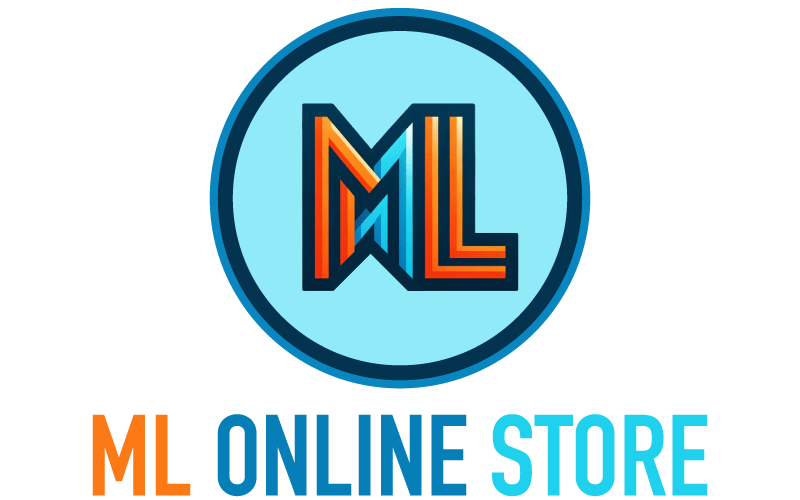Embarking on do-it-yourself projects at home can be an exciting and fulfilling endeavor, especially for those who are just beginning to explore this vast and creative domain. However, for many beginners, the prospect of acquiring the necessary tools can be daunting, primarily due to concerns about cost. Fortunately, the market is replete with budget-friendly options that don’t compromise on quality, making DIY projects accessible and enjoyable for everyone. In this exploration of economical tools for the beginner DIY enthusiast, we delve into the essentials that form the backbone of a starter toolkit, which enables the execution of a wide range of projects without breaking the bank.
One of the first tools that any DIY beginner should consider is a reliable hammer. A hammer is indispensable in any toolkit and serves multiple purposes, from driving nails to breaking things apart. For starters, a claw hammer, which combines a flat hammering head with a claw for removing nails, offers versatility without needing multiple tools. The key is to look for a well-balanced hammer, which provides ease of use and reduces strain on the arm.
A set of screwdrivers is another crucial component of a beginner’s toolkit. Typically, a basic set includes both flathead and Phillips head screwdrivers in various sizes. These tools are essential for tasks like assembling furniture, tightening loose screws, and opening up electronic devices for minor repairs. While there are expensive options on the market, many affordable sets are durable and perfectly suitable for home use. For added convenience, one might consider a screwdriver with interchangeable heads, which combines multiple tools in one.
Measuring tools, especially a tape measure, are fundamental for precise DIY work. Whether it’s for hanging pictures at the right height or ensuring that a piece of handmade furniture fits in a designated space, accurate measurement is key. A good quality tape measure doesn’t have to be expensive. Look for one that is easy to read, with a locking mechanism and a sturdy, flexible tape that can measure at least 5 meters.
Another essential tool for the beginner DIY enthusiast is an adjustable wrench. This versatile tool can be used for various tasks involving nuts and bolts. Unlike a set of wrenches of different sizes, an adjustable wrench can cover a range of sizes, making it a space-saving and cost-effective option. For most home projects, a medium-sized adjustable wrench is sufficient.
For cutting and shaping materials, a basic handsaw is a must-have. While power saws are convenient, they can be expensive and potentially intimidating for beginners. A handsaw, on the other hand, is affordable and perfectly suitable for cutting wood, plastic, and other materials in small to medium-sized DIY projects.
In the realm of power tools, a cordless drill is a great investment for a beginner. It’s one of the most versatile tools, useful for drilling holes and driving screws. While high-end models can be pricey, there are many affordable options that offer sufficient power and battery life for home projects. Look for a drill that comes with a set of drill bits for various materials, including wood, metal, and masonry.
In addition to these primary tools, it’s beneficial to have a basic set of pliers (including needle-nose and regular pliers), a utility knife for cutting and trimming, and a level to ensure your projects are perfectly horizontal or vertical.
Safety should also be a priority in any DIY project. Basic safety gear, such as goggles, gloves, and a dust mask, are affordable yet critical items to protect oneself during various tasks.
In conclusion, beginning a home DIY journey doesn’t necessitate a significant financial investment. With a carefully selected toolkit of affordable, multi-functional, and quality tools, beginners can confidently embark on various projects, from simple repairs to more ambitious creations. These tools not only provide a foundation for a wide range of tasks but also offer an opportunity for learning and skill development. As one grows more comfortable and skilled in DIY endeavors, the toolkit can be gradually expanded, accommodating more specialized tools suited to specific projects. Embracing DIY with budget-friendly tools is a step towards self-reliance, creativity, and the gratifying experience of building and fixing with one’s own hands.
